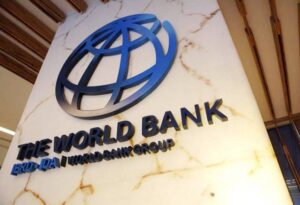Surging inflation and rising prices pushed an estimated 7 million Nigerians below the poverty line in 2020 alone, the World Bank said on Tuesday.

In its Nigeria Development Update (NDU) released Tuesday, the Washington-based lender added that Nigeria’s economic growth is being hindered by food inflation, heightened insecurity, unemployment and stalled reforms.
According to the update, persistent inflationary pressure is driven largely by accelerating food prices, while the nation’s inflation rate rose steadily throughout 2020 and reached a four-year high in March 2021.
Lead economist for Nigeria and co-author of the report, Marco Hernandez, explained that inflation, especially in food prices, was exacerbating poverty and food insecurity in the country.
President Muhammadu Buhari had on Saturday said his government lifted 10.5 million Nigerians out of poverty in the last two years.
In his speech delivered to mark the nation’s Democracy Day on June 12, the president said those the government lifted out of poverty include farmers, artisans, market women, and small-scale traders.
“In the last two years we lifted 10.5 million people out of poverty – farmers, small-scale traders, artisans, market women and the like,” Mr Buhari said.
A PREMIUM TIMES fact-check, however, found that the claim was misleading. The report showed that the World Poverty Clock showed that there has been a rise in the number of Nigerians that slipped into extreme poverty within the period.